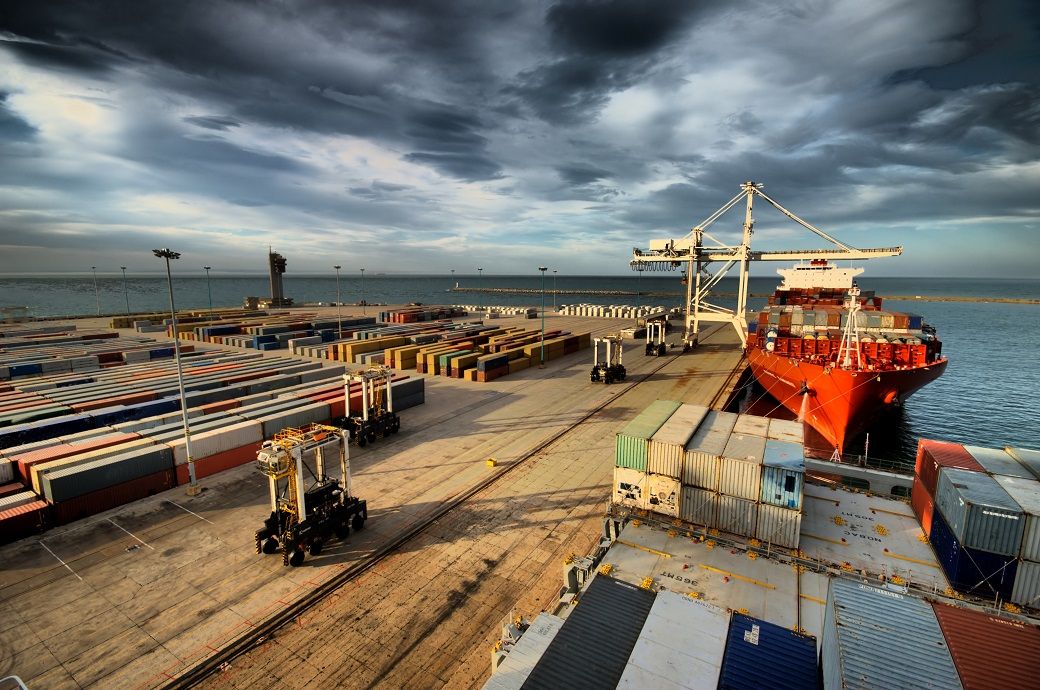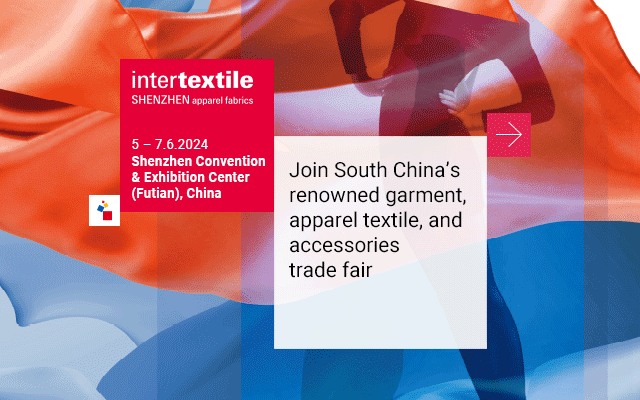Slow regional integration affects Africa's global trade share: Report

Insights
- Africa's global trade share remains under 3 per cent, highlighting more external than internal trade.
- Despite infrastructure gains in roads and ICT, energy and rail lag behind.
- The African Continental Free Trade Area and Single African Air Transport Market mark progress in regional integration, yet trade and financial integration advance slowly.
Despite noticeable efforts, the pace of Africa’s regional integration appears sluggish. The report highlights mixed outcomes in infrastructure development under the Programme for Infrastructure Development in Africa, noting advancements in roads and ICT against limited progress in rail transport and energy infrastructure, with financing emerging as a significant hurdle.
A notable achievement in the realm of regional integration has been the adoption of the Agreement Establishing the African Continental Free Trade Area and the creation of the Single African Air Transport Market as part of the initial ten-year implementation plan of Agenda 2063 by the African Union. However, ratification of crucial protocols and advancements in peace, governance, and security have lagged behind expectations, as per the report.
Trade integration under the African Continental Free Trade Area, initiated in January 2021, has yet to significantly impact intra-African trade, which saw a decline from 14.5 per cent of global trade in 2021 to 13.7 per cent in 2022. Similarly, intra-African exports and imports as percentages of their total exports and imports respectively have seen a downturn.
Monetary and financial integration show that the inflation criterion remains unmet, with inflation rates soaring across many African countries in 2023. The report cites a general government gross debt average of 65.2 per cent of GDP for Africa in 2023, slightly up from the previous year.
The Single African Air Transport Market, now comprising 36 African Union members, is expected to increase flight frequencies and significant economic benefits. However, the energy sector faces challenges, with the proportion of the global population without electricity access residing in Africa increasing to 77 per cent in 2020. Renewable energy sources, including green hydrogen, present viable solutions for 39 African countries to offer affordable and reliable energy.
“The rising number of unconstitutional changes of government highlights the ongoing challenges afflicting African countries, including weak governance, persistent poverty and limited employment opportunities,” said Stephen Karingi.
Fibre2Fashion News Desk (DP)
































-Ltd..jpg?tr=w-120,h-60,c-at_max,cm-pad_resize,bg-ffffff)





.jpg?tr=w-120,h-60,c-at_max,cm-pad_resize,bg-ffffff)
.jpg?tr=w-120,h-60,c-at_max,cm-pad_resize,bg-ffffff)






